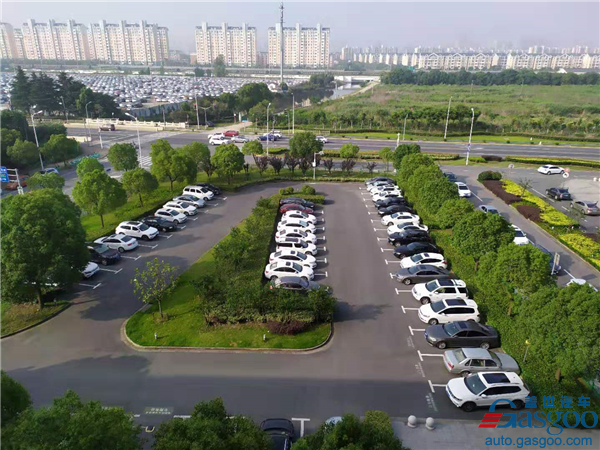Hangzhou adds 20,000 fuel-burning car license plates to simulate auto sales
Shanghai (ZXZC)- China's local governments are taking steps to boost car sales that have fallen for two consecutive years and are worsened due to the coronavirus pandemic by increasing annual quota of new license plates.
Hangzhou, the populous capital city of Zhejiang province, has decided to increase 20,000 new cars of license plate quota in 2020, in accordance with the provincial guidance on boosting automobile consumption and promoting economic development, according to the authority that takes charge of regulating the city's vehicle population.
According to the announcement, 5,000 plates are set to be given through normal individual lottery, and the other 15,000 will be released at one go on May 29 via “tiered lottery”, which is particularly designed for those applicants who always fail to win the license plate--the more they have joined the lottery, the higher the odds of success is.
The license plates to be added are all for fossil fuel-powered vehicles. The government doesn't restrict the purchase of NEVs.

According to the measures Zhejiang provincial government advocated a few days ago, Hangzhou is encouraged to carry out an orderly relaxation of restriction on automobile purchase.
In China, cities and provinces where the automobile purchase restriction policy has been implemented include Beijing, Shanghai, Tianjin, Guangzhou, Shenzhen, Hangzhou, Chengdu, and Hainan.
In Beijing, the capital of China, the clampdown on new gasoline car registration keeps numerous residents from their dream cars rather than the high price tag. On March 24, the policy exposed by the China's Ministry of Commerce saying Beijing will increase 100,000 new cars of license plate quota this year sparked a heated debate among the public. However, the information was soon deleted afterwards. The Beijing Municipal Commerce Bureau clarified that the feasibility of the policy hasn't been discussed and researched yet, and it apologized for arising the public's misunderstanding.

